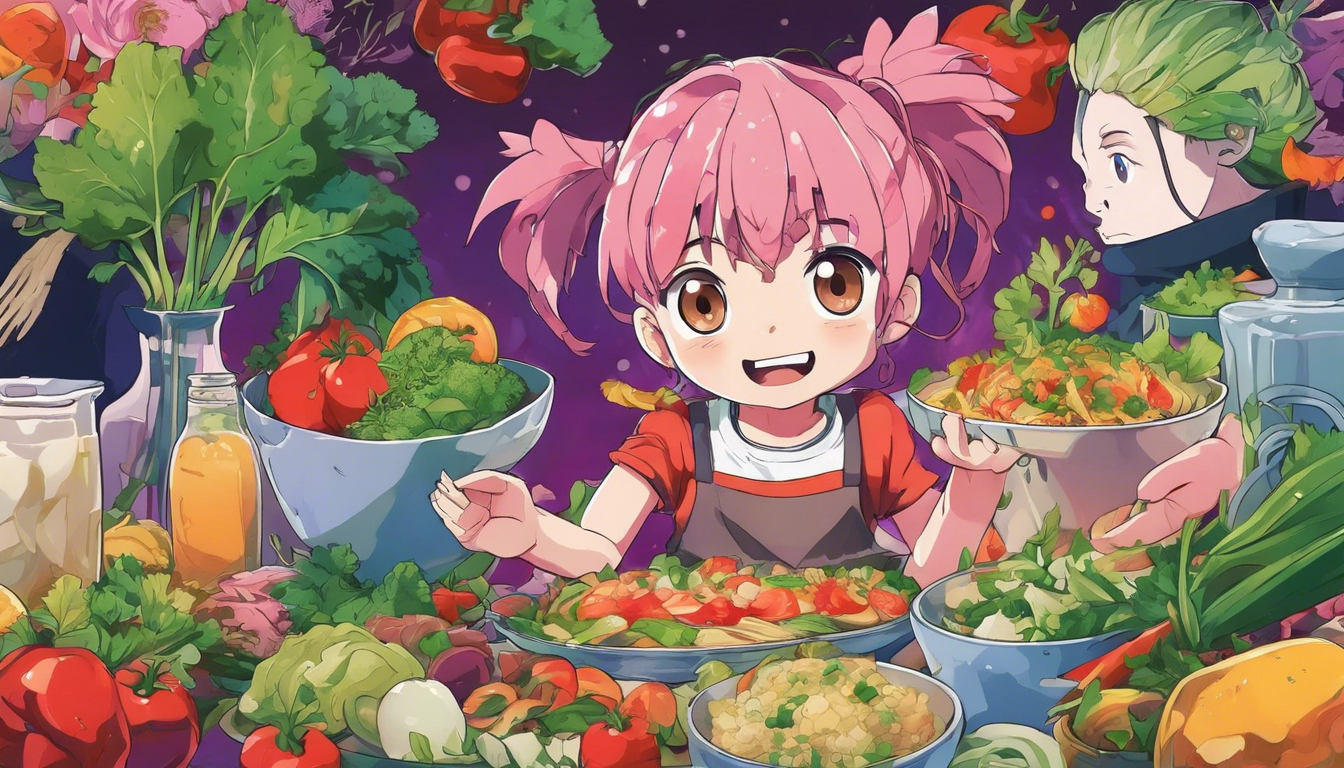
There are many misconceptions and myths surrounding the idea of raising vegan children. It is important to address these myths and provide factual information to ensure that parents can make informed decisions about their child’s diet. Let’s debunk some common myths about raising vegan kids:
Myth 1: Vegan diets lack essential nutrients
One of the most common misconceptions is that vegan diets are deficient in essential nutrients like protein, iron, and calcium. In reality, a well-planned vegan diet can provide all the necessary nutrients for a child’s growth and development.
Protein can be obtained from plant-based sources such as legumes, tofu, tempeh, and quinoa. Iron-rich foods like spinach, lentils, and fortified cereals are excellent sources of iron. Calcium can be obtained from soy milk, almond milk, leafy greens, and fortified orange juice.
Myth 2: Vegan children can’t meet their energy needs
Some people believe that vegan diets lack the necessary energy to support a child’s growth and activities. However, plant-based diets can easily meet a child’s energy needs when properly balanced.
Whole grains like brown rice, quinoa, and whole wheat bread are excellent sources of carbohydrates that provide sustainable energy. Healthy fats can be obtained from sources like avocados, nuts, and seeds.
Myth 3: Vegan diets lead to stunted growth
Another myth is that a vegan diet may inhibit a child’s growth. However, numerous studies have shown that vegan children can grow and develop normally when their diet is well-balanced and provides adequate calories and nutrients.
It is important to monitor a child’s growth and consult with a healthcare professional to ensure they are meeting their growth milestones. This applies to both vegan and non-vegan children.
Myth 4: Vegan diets are too restrictive
Some people argue that vegan diets are overly restrictive and limit a child’s food choices. However, with the wide variety of plant-based foods available, vegan diets can be diverse and enjoyable.
By introducing a variety of fruits, vegetables, legumes, whole grains, nuts, and seeds, parents can ensure their child receives a range of nutrients and flavors. It is important to educate children about nutrition and involve them in meal planning and preparation to foster a positive relationship with food.
Myth 5: Vegan kids will have difficulty socializing
There is a concern that vegan children may feel isolated or excluded when it comes to social gatherings or school events due to their dietary choices. However, with increased awareness of veganism and dietary accommodations, this is becoming less of an issue.
It can be helpful for parents to communicate with teachers, caregivers, and friends’ parents about their child’s dietary needs. Providing vegan alternatives for shared meals or bringing vegan dishes to events can help ensure inclusivity and prevent any feelings of isolation.
Myth 6: Vegan diets require supplements
While it is recommended for vegans of all ages to supplement with vitamin B12, this does not mean that vegan diets are inadequate. Many people, regardless of diet, may need to take supplements to meet their nutritional needs.
Vitamin B12 is primarily found in animal-based products, but it can be obtained through fortified plant-based foods or supplements. It is important for parents to consult with healthcare professionals to determine if any additional supplemented nutrients are necessary for their child’s specific needs.
In conclusion, raising vegan children can be a healthy and fulfilling decision. With proper planning and attention to nutritional needs, vegan diets can provide all the essential nutrients for children to thrive. It is important for parents to consult with healthcare professionals and ensure their child’s diet is well-balanced and meets their individual needs. By debunking these myths, we can promote a greater understanding of the realities of raising vegan kids and support informed decision-making.